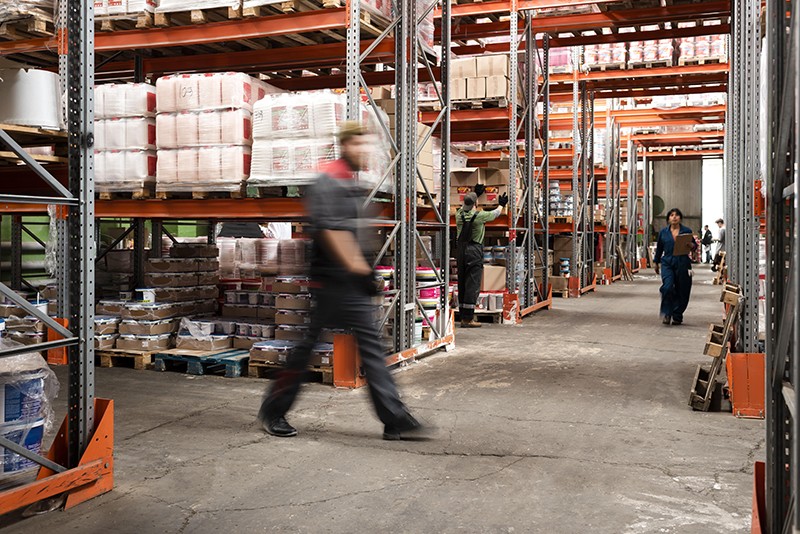NZ needs an information ecosystem for faster, lower cost house building
Digital data on building products and systems can lead to faster, lower cost construction of high-quality housing. That’s the experience in Norway, and New Zealand could put digital data to work in the same way to help tackle our current housing crisis.
Mestergruppen, a large vertically-integrated building supplies and construction group, has transformed Norway’s housing industry by introducing a product information ecosystem that cuts many months out of a typical new housing project and slashes construction costs by around 35%. All parties in the project, including designers and regulators, work with standardised digital data that provides one common, accurate and meaningful view on the products, systems and practices being used.
GS1 standards and tools for data capture, storage and sharing are the backbone of Mestergruppen’s system – the same standards and tools are all available in this country, with varying uses. GS1 New Zealand’s Grant Fraser (Board member) and Cameron Frith (General Manager - Customer) cast their eyes over the system during a visit to the company’s head office in Oslo earlier in 2024.
Mestergruppen has an ‘industrial value chain’ project, or IVC, for bringing product manufacturers and suppliers, distributors and retailers, and builders together in one information ecosystem. Easier perhaps for Mestergruppen to make progress because the Scandinavian value chain is spanned by its own vertically-integrated operations. But the concept and economics, and their enabling standards and tools, are applicable to the building and construction sectors of many other countries, New Zealand included, regardless of business ownership structures and without reduction of market competition.
New Zealand has been moving forward with deployment of GS1 standards by major building supplies groups and with BRANZ studies into the productivity benefits of sector-wide digitalisation. That starts, says BRANZ, with robust product identification and with use of unique identifiers to pull reliable, structured data to wherever it has value in the supply chain and on construction sites. There have been various regulatory steps, including the 2022 regulations that require product users to be equipped with information about how a specific product contributes to building code compliance.
Recent months have seen the Government lay out plans to address this country’s widely-recognised housing crisis. The emphasis is on making more land available for urban growth and better enabling investment for infrastructure to support that growth. We have serious housing shortages and house affordability rates among the worst in the developed world.
New Zealand could well add to its crisis plan the pursuit of productivity gain and cost reduction in house planning and construction through accelerated and broader use of digital data. Norway’s Mestergruppen has shown the way on creating a building product information ecosystem and securing tangible benefits from this. Of course, the application and the benefits span all purposes and types of building.
GS1 is ready to support all initiatives for the same in New Zealand – and indeed, we look forward in coming months to demonstrating exactly how every building can conceivably have its ‘digital twin’ as one component of our own powerful new information ecosystem.


